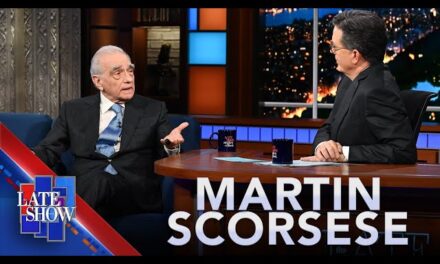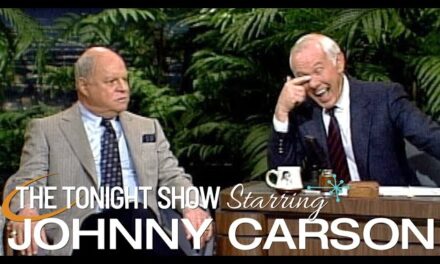In a recent episode of David Letterman‘s talk show, the legendary Roger Corman took the stage. Corman, a film director with a career spanning over 30 years, is responsible for creating some of the most iconic movies in cinematic history. From classics like “House of Usher” and “Little Shop of Horrors” to cult favorites like “The Monster from the Ocean Floor” and “Wild Angels,” Corman’s films have left an indelible mark on the industry.
During the interview, Corman shared his experiences working on these films and the journey he took to turn them into beloved classics. He talked about shooting on tight schedules, sometimes completing films in as few as five to ten days. Budgets ranged from $50,000 to $100,000, which posed challenges but also sparked creativity.
Corman also touched upon the criticisms some of these films received. Many critics referred to his work as “schlock” and dismissed them as silly. However, Corman embraced these labels, appreciating the recognition it garnered for him as an “elder statesman” of the industry.
Aside from the films he directed, Corman played a significant role in launching the careers of many successful actors and directors. Notable names like Jack Nicholson, Bobby DeNiro, and Don Rickles got their starts in Corman’s films and went on to become worldwide stars.
In addition to his cult classics, Corman has also been involved in distributing art films like “The Tin Drum” and “Breaker Morant.” These films have received critical acclaim and have allowed Corman to explore a different side of the industry.
During the show, the audience got a glimpse of footage from one of Corman’s most famous films, “Little Shop of Horrors.” This 1959 classic, starring Jack Nicholson, was shot in just two days and a night, showcasing Corman’s ability to create quality films on a tight schedule.
As the interview continued, photographs from other Corman films were shown, with Corman sharing anecdotes about the casting and production process. From working with actors like Ray Miland and Don Rickles to the success of films like “Machine Gun Kelly” and “The Terror,” Corman’s films left a lasting impact on audiences.
Despite his accomplishments in the industry, Corman reflected on his time making these inexpensive films, expressing that they were stimulating and occasionally nerve-wracking. However, he acknowledged that the landscape of filmmaking has changed, making it more difficult to create similar projects in today’s industry.
As the interview concluded, Corman discussed his journey from director to film executive and the shift in his career. While he enjoyed his time making low-budget films, Corman recognized that with larger budgets comes more responsibility.
Overall, the interview with Roger Corman on David Letterman‘s talk show was a glimpse into the life and work of a true visionary in the entertainment industry. His films, while initially dismissed as silly, have become beloved classics, and his influence on shaping the careers of successful actors and directors cannot be underestimated. With a career spanning over three decades, Roger Corman‘s impact on the world of cinema is undeniable.




